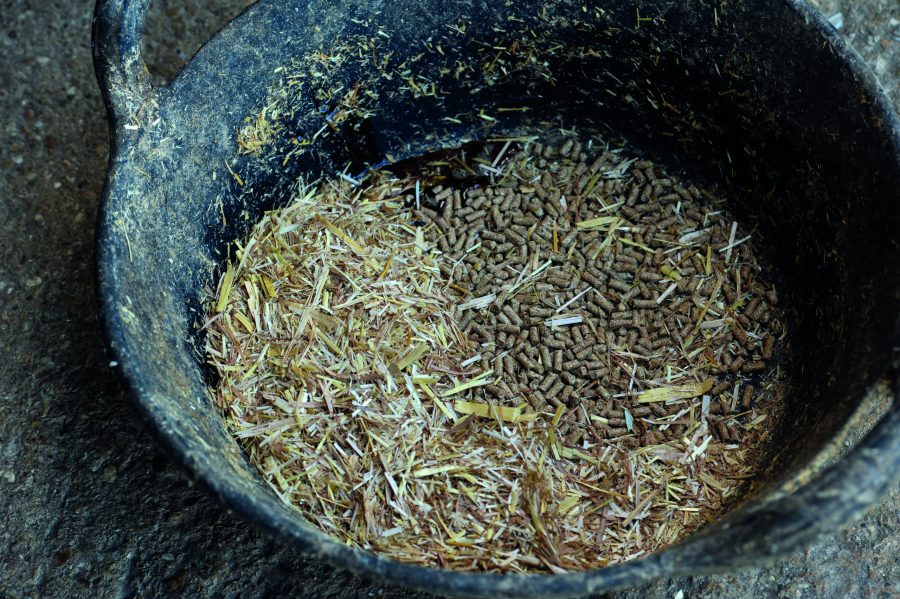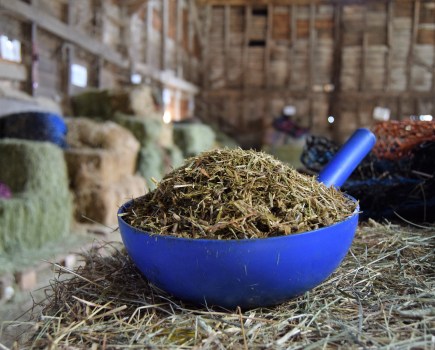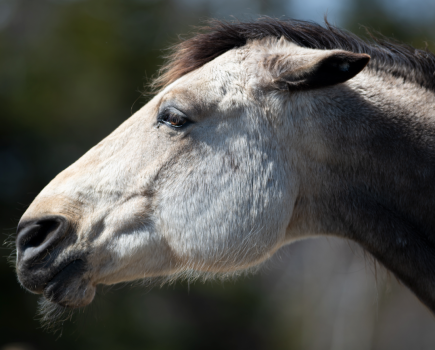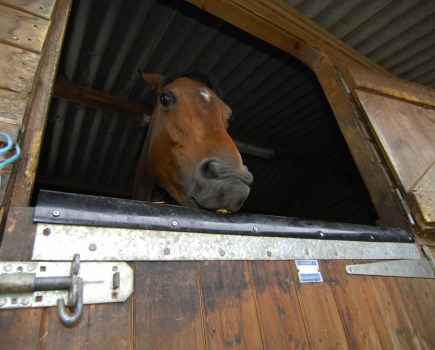In partnership with Allen & Page…
There’s plenty to think about when it comes to feeding your horse and how to give him the most appropriate diet to keep him healthy and happy all-year round. As the horse’s digestive system has evolved to digest a high fibre diet, the hind gut is populated by billions of fibre-digesting bacteria and other micro-organisms and the inclusion of prebiotics and probiotics in feeds can help keep your horse’s digestive system healthy and functioning efficiently.
What are prebiotics?
Prebiotics are non-digestible feed ingredients that support the digestive environment by acting as a food source for beneficial microbes. Mannan-oligosaccharides (MOS) and fructo-oligosaccharides (FOS) are examples of prebiotics used in horse feeds.
What are probiotics?
Probiotics are live bacteria that ‘top up’ the population of beneficial microbes in the horse’s gut. A live yeast culture of Saccharomyces cerevisiae is one of the most common probiotic supplements used in horse feeds.
How can I optimise digestive health through feeding?
As well as using a feed that contains prebiotics and a probiotic, choosing a balanced feed that is high in fibre and low in starch and sugar will help to support optimum digestive health.
This type of diet is more natural for the horse and less likely to cause digestive issues such as colic or gastric ulcers than one that is high in starch and sugar.
Make sure you feed according to the manufacturer’s guidelines. This will ensure that your horse receives enough feed to provide a balance of vitamins and minerals, plus good levels of prebiotics and probiotics to support healthy digestion and all-round good health and well-being.
Meet the expert: Jo Palmer has a BSc (Hons) in agriculture with animal science and is a member of the Allen & Page nutrition team. Her experience as a nutritionist helps guide horse owners on feeds and feeding.








